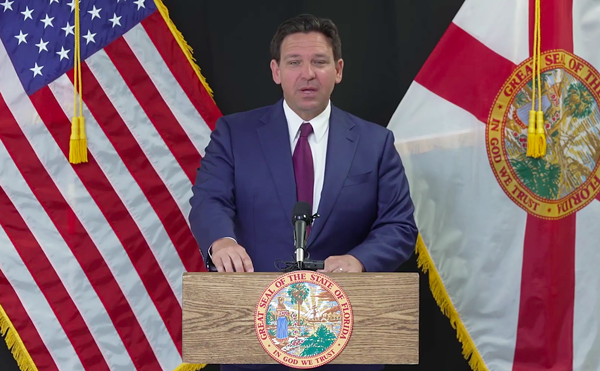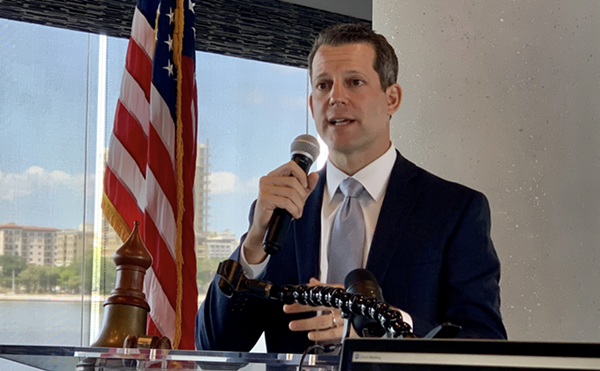"We would hope lawmakers would be looking for ideas to strengthen and protect against political influence in not introducing and promoting further encroachment of the political branches into the judicial merits selection and retention system," said Deirdre MacNab, President of the Florida League of Women Voters, in a conference call on Wednesday morning. "This is a slap in the face to Florida voters after their decision in 2012."
HB 7033 would subject the majority of members of a judicial panel to removal without cause should they fail to include the governor's favorite applicant on their slate, McNab added.
A version of the bill introduced by GOP House member Matt Goetz failed in 2011.
Peter Webster, Immediate Past President of the American Judicature Society (AJS) and a former Judge on Florida's First District Court of Appeal, said that since 1972, commissioners who are on nominating commissions could only be removed for cause pursuant to the uniform rules of procedure established by the governor's office.
But the present bill would change that, he said, by permitting the governor to remove any or all of the five members he appoints without input from the Florida Bar Association, with or without cause.
"The purpose is to diminish the independence of the nominating commissioners and to increase the likelihood that they will nominate people who are philosophically aligned with the governor, even if they're not the most qualified for the position," Webster said.
Adam Skaggs, senior counsel with the Democracy Program at the Brennan Center for Justice at the NYU School of Law, said that nationally, the landscape is dotted with mixed results on efforts to politicize the judiciary.
Today in Kansas, Gov. Sam Brownback signed legislation that will give him and future Kansas governors greater influence over a selection of judges to serve on that state's court of appeals.
In Tennessee, legislators just passed a bill that will place a constitutional amendment on the 2014 ballot that would allow the governor to directly appoint judges to the supreme court and courts of appeal, eliminating the current independent nomination commission.
Skaggs also said that last year, voters in Missouri and Arizona rejected such proposals.















